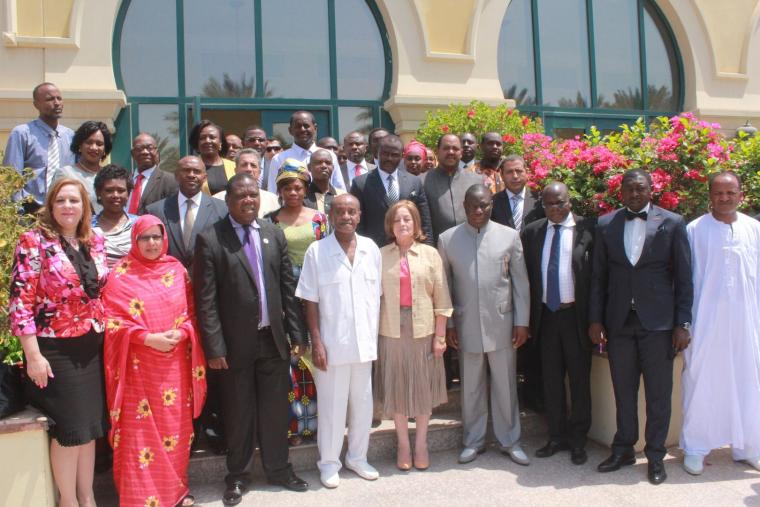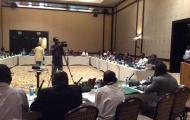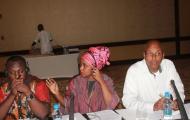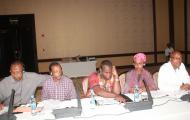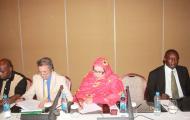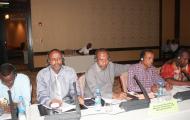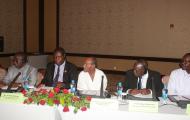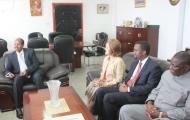Topic Resources
2nd Extraordinary Session of the 2nd Permanent General Assembly of the Economic Social and Cultural Council (ECOSOCC)
Report on the Outcomes of the Civil Society Organisations (CSOs) Consultation in Maseru on the Implementation of the Livingstone Formula
Agenda 2063 is Africa’s development blueprint to achieve inclusive and sustainable socio-economic development over a 50-year period.
Supply Chain Management Division Operations Support Services Directorate
Addis Ababa, Ethiopia
In a world where every click, every share, and every tweet can broadcast one’s thoughts to a global audience, the digital realm has becom













